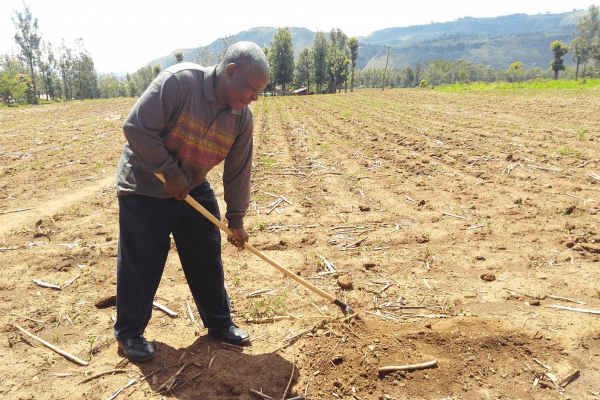Jul 29, 2019
As the climate crisis intensifies and crystallizes, the tangible effects of climate change today are disproportionately dispersed on both the national and global scale. Communities and entire nations who do the least to contribute to rising greenhouse gas emissions bear the enormous burden of climate disaster first and worst on their bodies and their livelihoods.
Read the Full Article

Already a subscriber? Login
